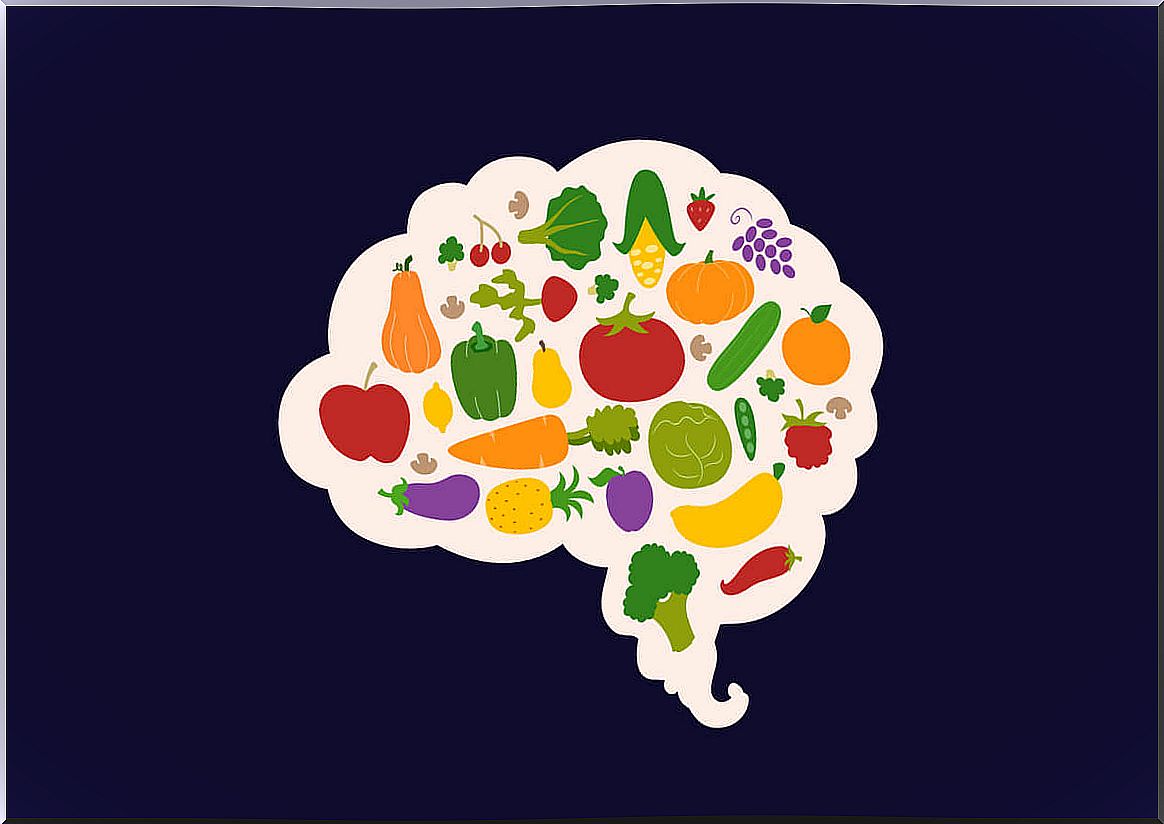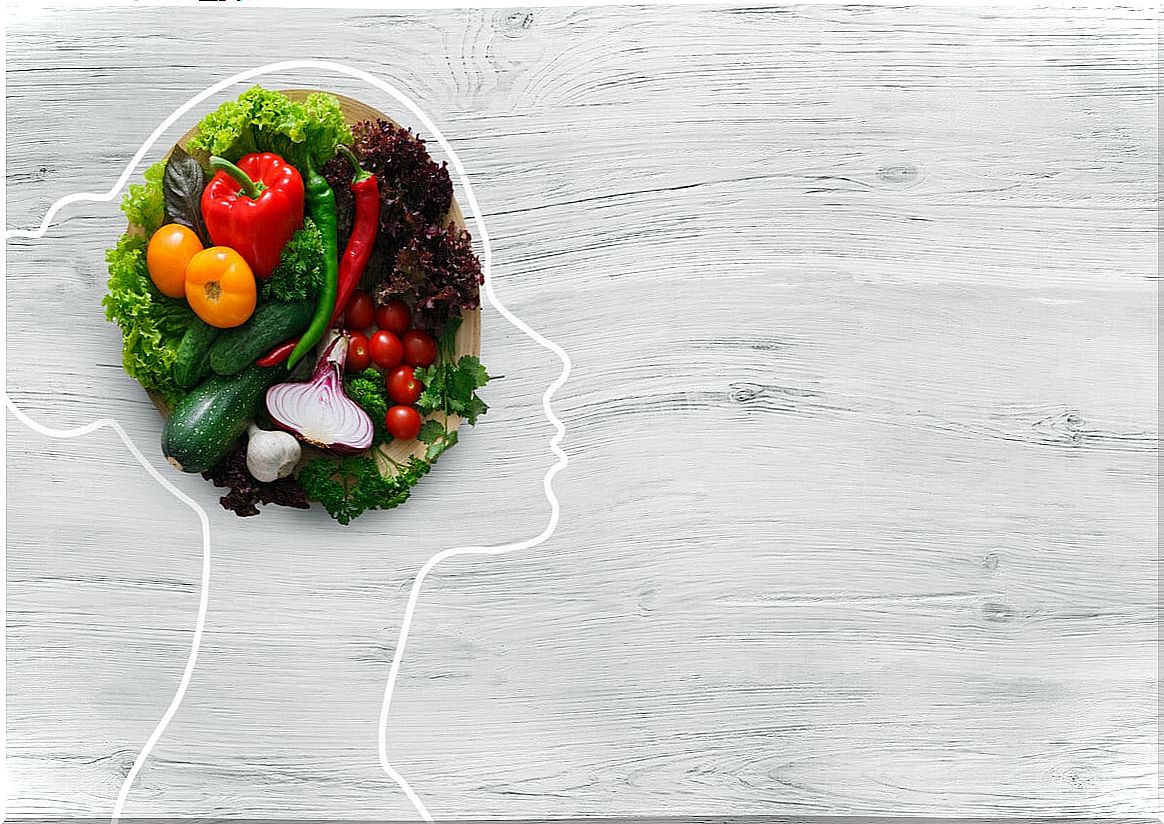What Is Psychonutrition?

Psychonutrition is the science that studies the relationship of mental life and food. In this job, at least two different professionals are needed: the dietitian – nutritionist and the psychologist. In psychonutrition, not only is the relationship with food taken into account, but also the emotional patterns that are anchored with the choice of food consumed are also studied.
From this approach, different behaviors are studied, such as the use of food as a bargaining chip for the relief of emotional distress. On the other hand, the purpose of psychonutrition is to achieve changes in eating patterns that last in the long term for a better quality of life.

Characteristics of psychonutrition
The work team that can work in psychonutrition goes beyond the nutritionist and the psychologist. Having other professionals will improve the results, enhancing the performance of the intervention carried out from each of the fronts. Among the professionals that can be incorporated would be personal trainers, psychiatrists, speech therapists, pedagogues, etc.
Thus, the characteristics of the intervention in psychonutrition would be the following:
- It focuses on aspects related to eating and healthy habits ; not only in the area of food, but also in other factors, such as emotional, social and work.
- Psychological variables related to the maintenance of unhealthy habits and the development of new skills are studied to establish habits that improve the quality of life.
- Both the personal image and the acceptance of it are important to start a job in psychonutrition. There are times when struggling with your own body image creates frustration.
- The context where the feeding takes place is studied, among other variables that facilitate or harm a healthy diet
- It helps with decision-making and knowledge of healthy and ultra-processed products. In addition, some socially rooted concepts are worked on, such as the concept of diet and nutritional myths that affect the choice of products.
What is not psychonutrition?
Psychonutrition is teamwork where collaboration with different specialists is assumed. It is important to highlight this, since there is no training aspect or specialists who are “psychonutritionists”. As mentioned above, you need at least a professional psychologist and a professional nutritionist.
In the psychonutrition term, it is not reduced to studying the intake of certain foods according to mood, which does not mean that it is intervened when the evaluation detects a habitual coping strategy and leads to harmful long-term results. .
Thus, one of the challenges that psychonutrition would address would be to expand the person’s toolbox to increase their repertoire of coping strategies.
The results in this area are gradual; We are talking about habits and therefore interventions that require time to redirect, change or establish them. On the other hand, we are talking about results that go beyond weight loss; it is about changing the relationship with food.

The work of the psychologist in psychonutrition
As we have seen, the work of the psychologist in this type of consultation does not only cover eating disorders. We would also talk about other disorders, such as anxiety derived from different mental circumstances, such as the rejection of one’s personal image.
The evaluation of the use of restrictive diets as compensatory strategies is only one part of the psychologist’s work in a psychonutrition consultation. Some tasks of the professional can be summarized as follows:
- Evaluation of eating patterns and the use of certain foods in different contexts.
- Increase the likelihood of healthy food choices through information and awareness.
- Work on body image and coping strategies.
- Reduce the level of demand and waiting for immediate and / or short-term results.
- Intervention evaluation with acceptance and change techniques focused on the consumption of foods that are rejected.
- Education in emotions and in coping strategies.
- Getting in touch with physical sensations related to hunger and satiety.
- Etc.
Emotional processes are especially important in a psychonutrition consultation, as are the skills that are available for the inclusion of certain healthy habits.
In turn, it is important to demystify certain beliefs rooted in today’s society regarding food, in addition to being constant in the process of changing habits.









